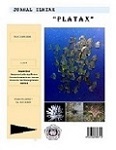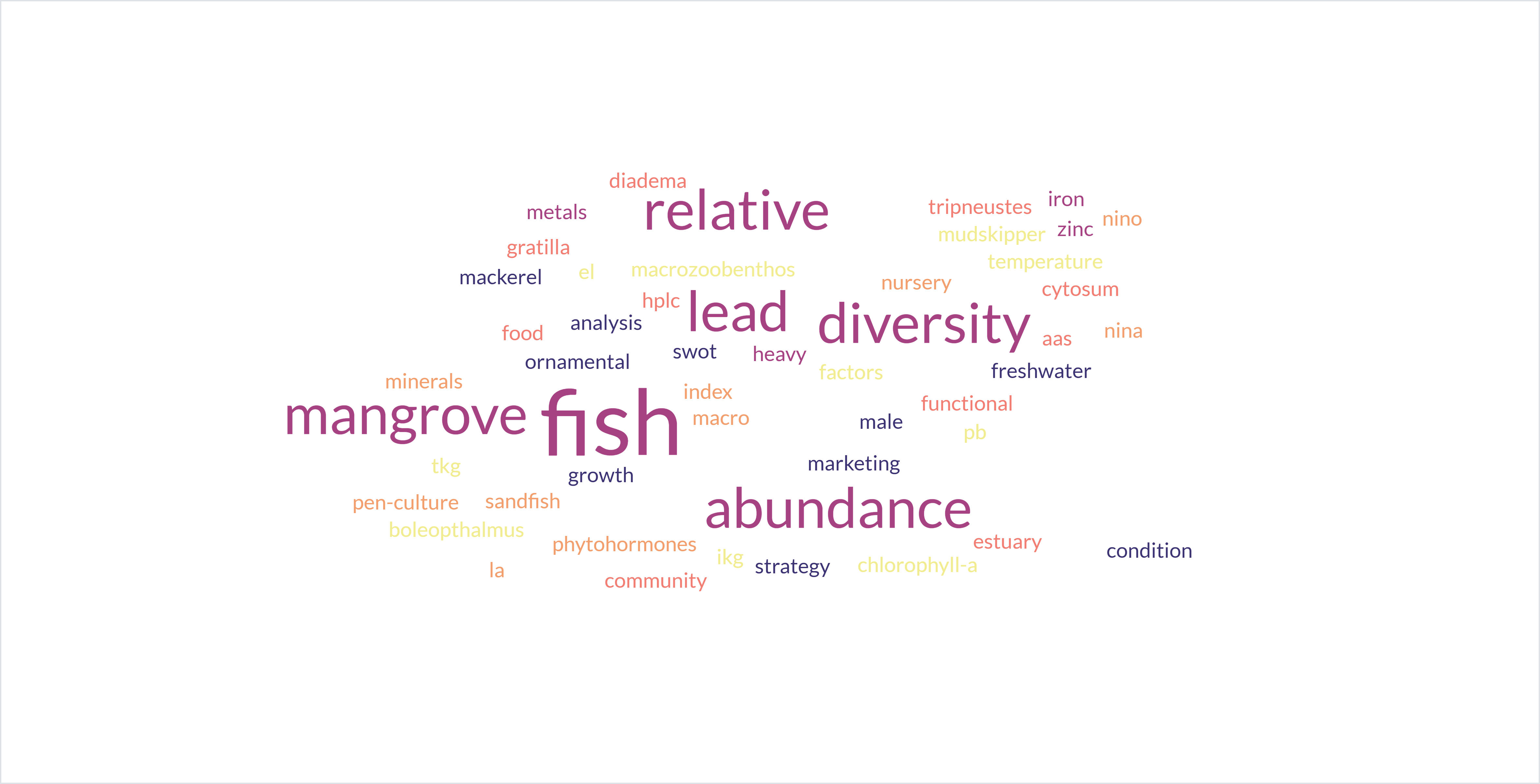Uniqueness Of Larval Releasing Of Littoraria Scabra L. (Gastropoda: Littorinidae), In Tombariri Mangrove, North Sulawesi,Indonesia
DOI:
https://doi.org/10.35800/jip.6.2.2018.20574Keywords:
Littoraria scabra, uniqueness, releasing, veliger, male and femaleAbstract
This research was found the novelty of reproduction strategy uniqueness of L. scabra that very rare in nature, reverse male function fertilized eggs are sucked for brooding in the mantle of male up to hatching as veligers, and thus, the males are capable of releasing the larvae in the full and new moon at spring tide during the research. The second finding in the reproduction strategy uniqueness of L. scabra that mating individuals, both males, and females, released their larvae during the research period.
Â
Key Words: Littoraria scabra;Â Â uniqueness, releasing; veliger; male and female
Â
ABSTRAK
Penelitian yang amat langka di alam ini menemukan kebaharuan keunikan strategi reproduksi Littoraria. scabra, di waktu kopulasi jantan berperan seks terbalik menyedot sebagian telur yang dibuahi dan dierami telur-telur yang dibuahi dalam tubuhnya sampai menetas menjadi larva-larva serta melepaskan larva-larva tersebut di bulan penuh dan baru yang mengikuti siklus pasang selama penelitian. Temuan amat langka kedua keunikan strategi reproduksi L. scabra, yang amat langka di alam dengan pasangan jantan-betina lagi kawin melepaskan larva-larva baik jantan maupun betina pada siklus bi-lunar bersamaan dengan siklus pasang selama penelitian.
Â
Kata Kunci : Littoraria scabra;Â keunikan,pelepasan; veliger; jantan dan betina
Downloads
Published
How to Cite
Issue
Section
License
COPYRIGHT
Authors who publish with this journal agree to the following terms:
Authors hold their copyright and grant this journal the privilege of first publication, with the work simultaneously licensed under a Creative Commons Attribution License that permits others to impart the work with an acknowledgment of the work's origin and initial publication by this journal.
Authors can enter into separate or additional contractual arrangements for the non-exclusive distribution of the journal's published version of the work (for example, post it to an institutional repository or publish it in a book), with an acknowledgment of its underlying publication in this journal.
Authors are permitted and encouraged to post their work online (for example, in institutional repositories or on their website) as it can lead to productive exchanges, as well as earlier and greater citation of the published work (See The Effect of Open Access).






































